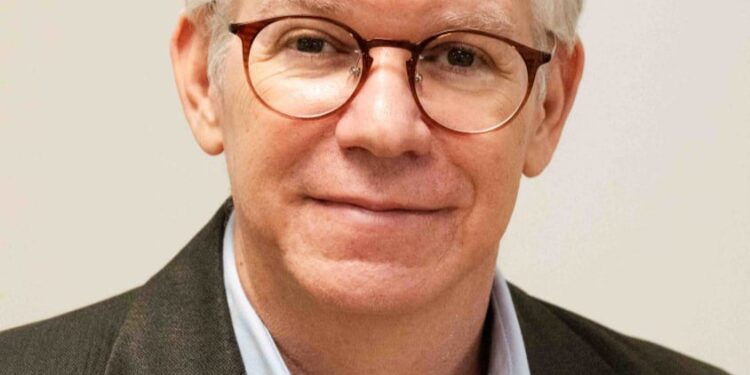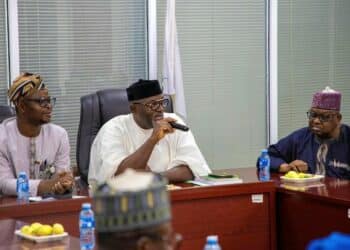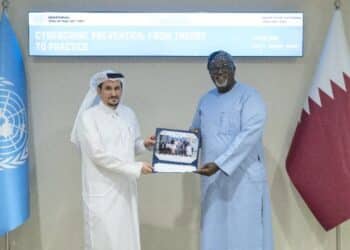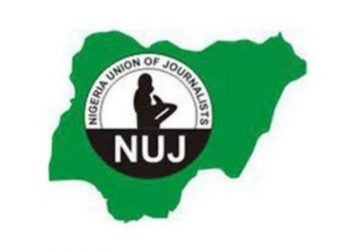The World Academy of Sciences for the advancement of science in developing countries (TWAS) has convened 28 early-career African scientists in Nairobi for a three-day skill-building workshop aimed at strengthening scientific capacity and collaboration across the continent.
The 2025 TWAS Skill Building Workshop, which opened on Monday, is part of the Seed Grant for New African Principal Investigators (SG-NAPI) Programme. The initiative is supported by Germany’s Federal Ministry of Research, Technology and Space (BMFTR) to empower emerging researchers and foster a more connected African scientific community.
Participants were drawn from 16 countries, including Benin, Cameroon, Djibouti, Ethiopia, Gabon, Ghana, Kenya, Malawi, Mauritius, Namibia, Nigeria, Somalia, Tanzania, Uganda, Zambia, and Zimbabwe.
Nigeria is represented by Dr. Nekpen Erhunse, a researcher at the University of Benin’s Department of Biochemistry, Faculty of Life Sciences, and Dr. Nikechukwu Nike Omosun, a researcher at the Michael Okpara University of Agriculture, Umudike, Abia State, from the Department of Chemistry.
Over the next three days, the scientists will take part in expert-led sessions covering scientific writing, responsible artificial intelligence, science communication, mentoring, and transdisciplinary research. The workshop will also feature networking activities designed to encourage partnerships and collaborations, as well as a keynote lecture by TWAS Fellow Catherine Ngila, Executive Director of the African Foundation for Women and Youth in Education, Science, Technology and Innovation (ESTI).
TWAS President, Prof. Quarraisha Abdool Karim, described the workshop as “a unique opportunity to empower emerging researchers and build a stronger, more connected scientific community in Africa.”
“TWAS is proud to support African scientists in advancing research that addresses national and regional development challenges,” she added.
Launched in 2021, the SG-NAPI programme provides grants of up to USD 67,000 to early-career African researchers who have completed their PhDs abroad and recently returned to their home countries. The funding supports high-level research in disciplines such as agriculture, biology, chemistry, earth sciences, engineering, information and computer technology, mathematics, medical sciences, and physics—particularly in countries lagging behind in science and technology.
So far, TWAS has launched four SG-NAPI calls and awarded 121 grants to promising research projects with transformative potential.
Founded in 1983 and officially inaugurated in 1985, TWAS promotes sustainable development through science, education, and policy. Headquartered in Trieste, Italy, the Academy operates as a Programme Unit of UNESCO and has supported over 1,200 PhDs, 980 postdoctoral fellowships, and 2,800 research grants since inception.











